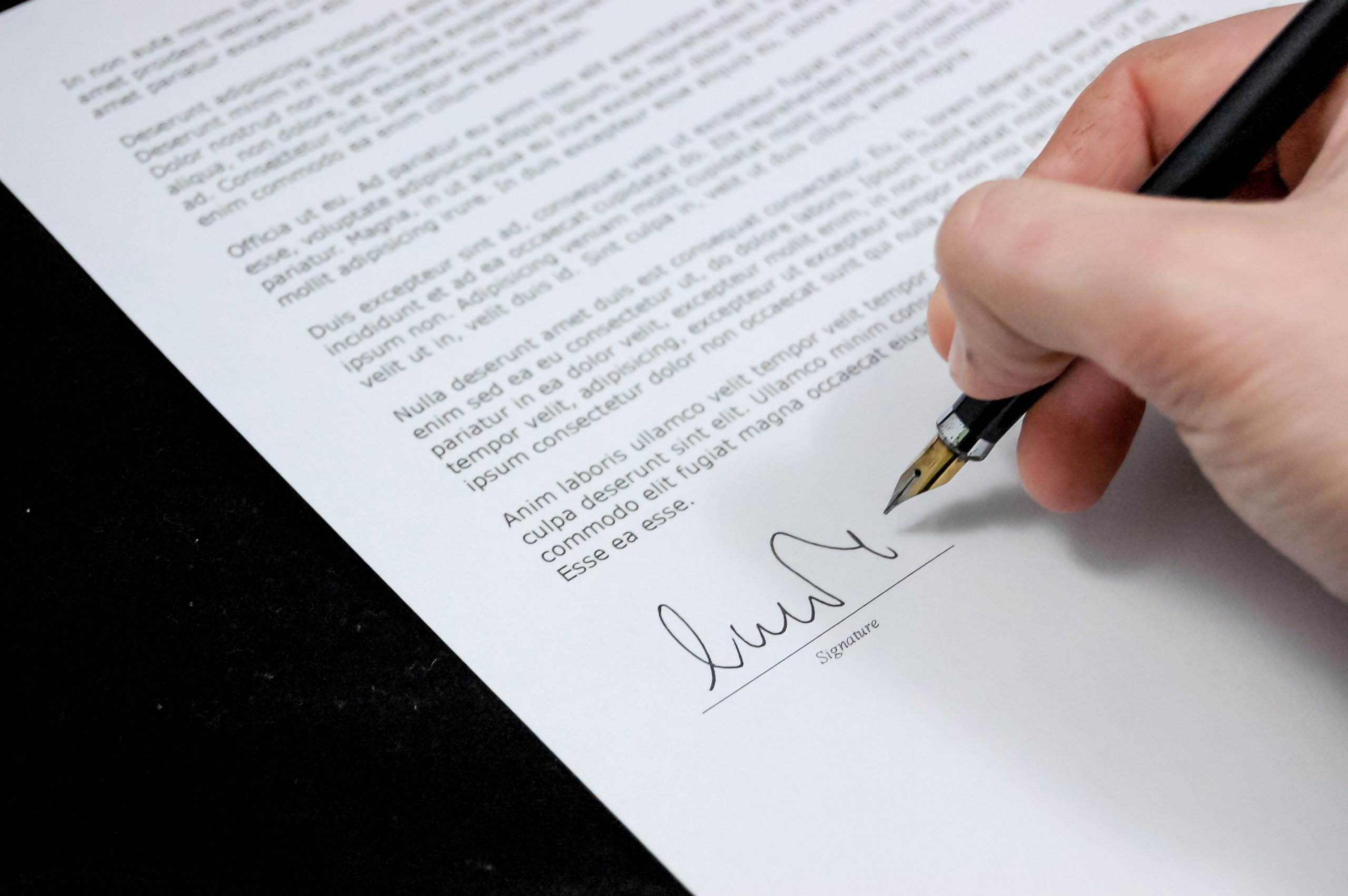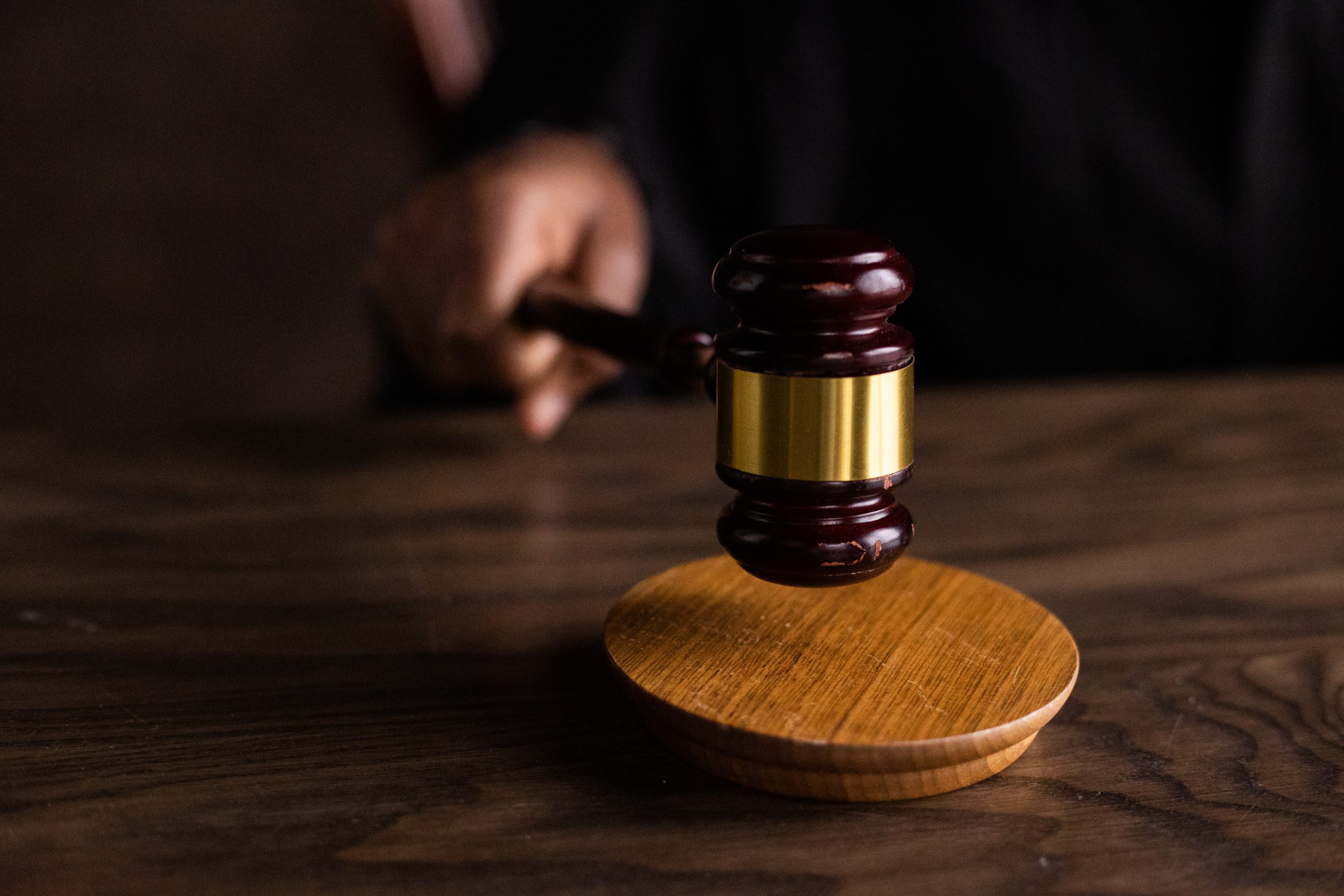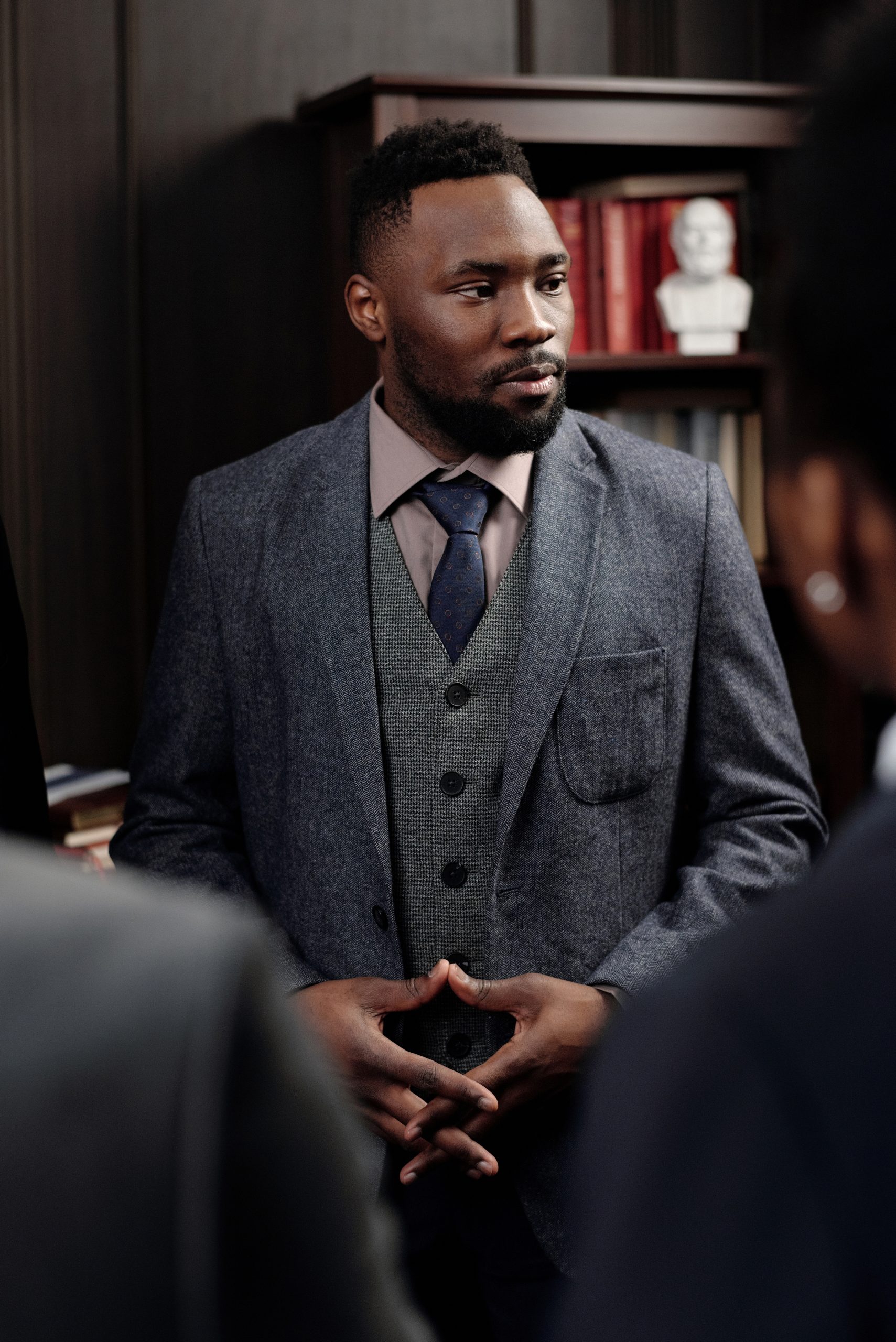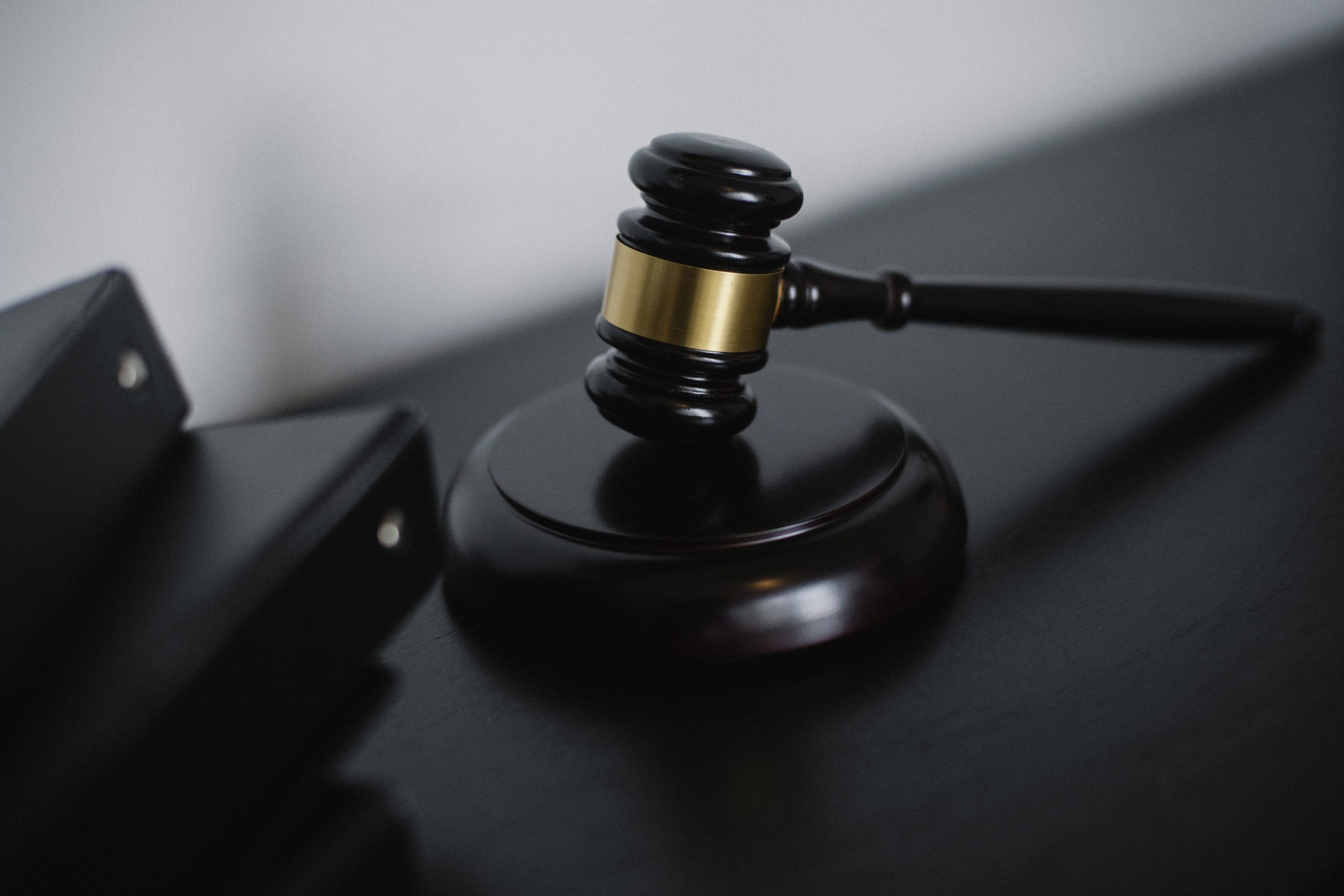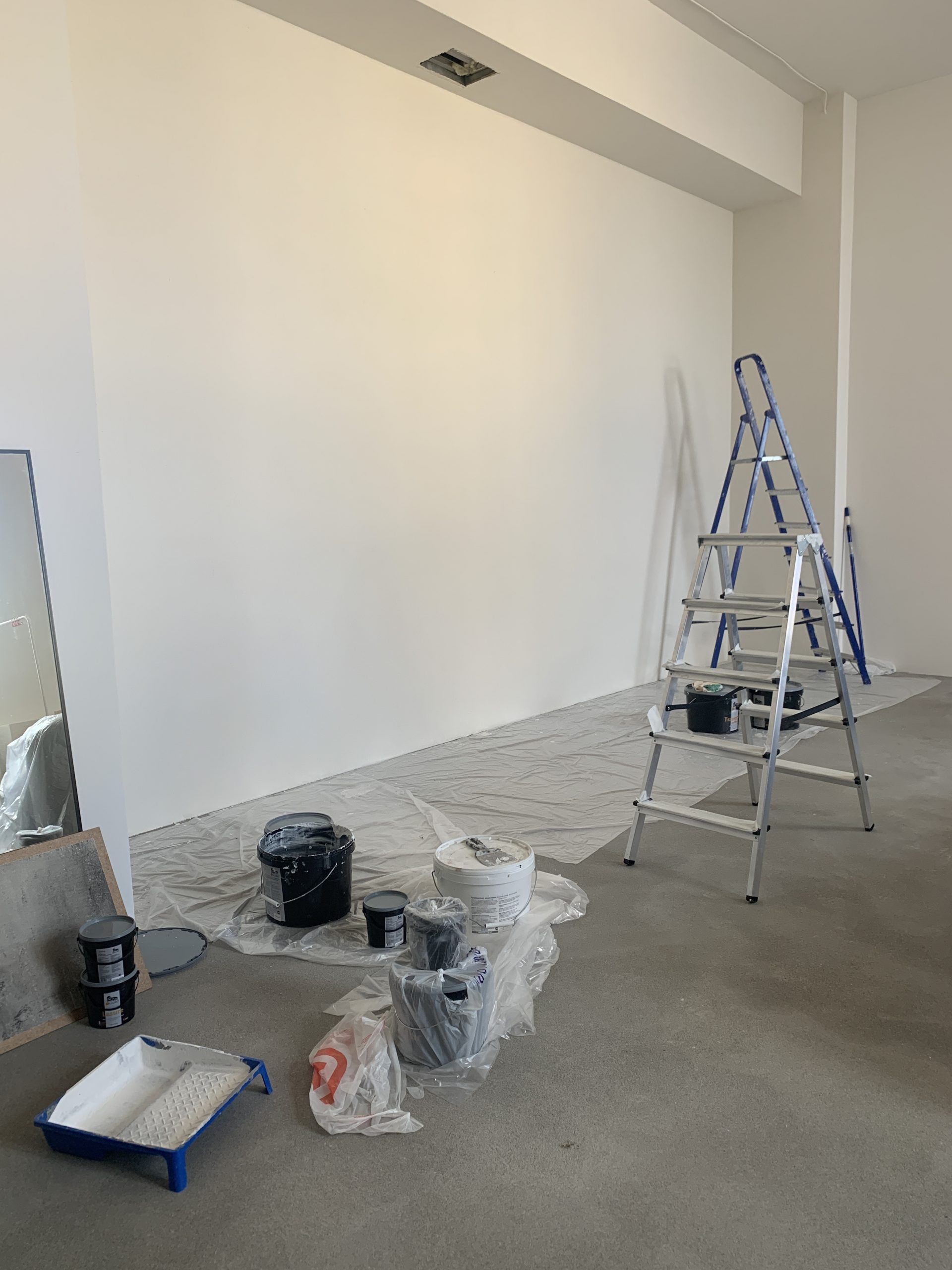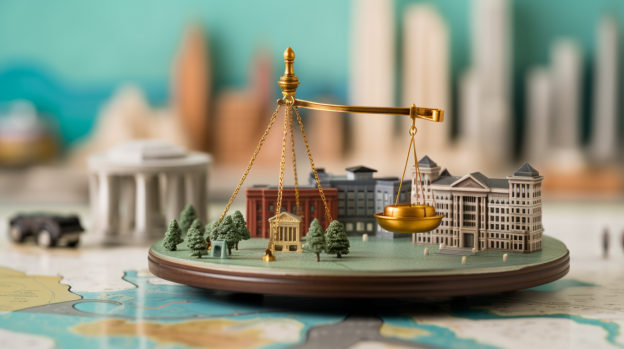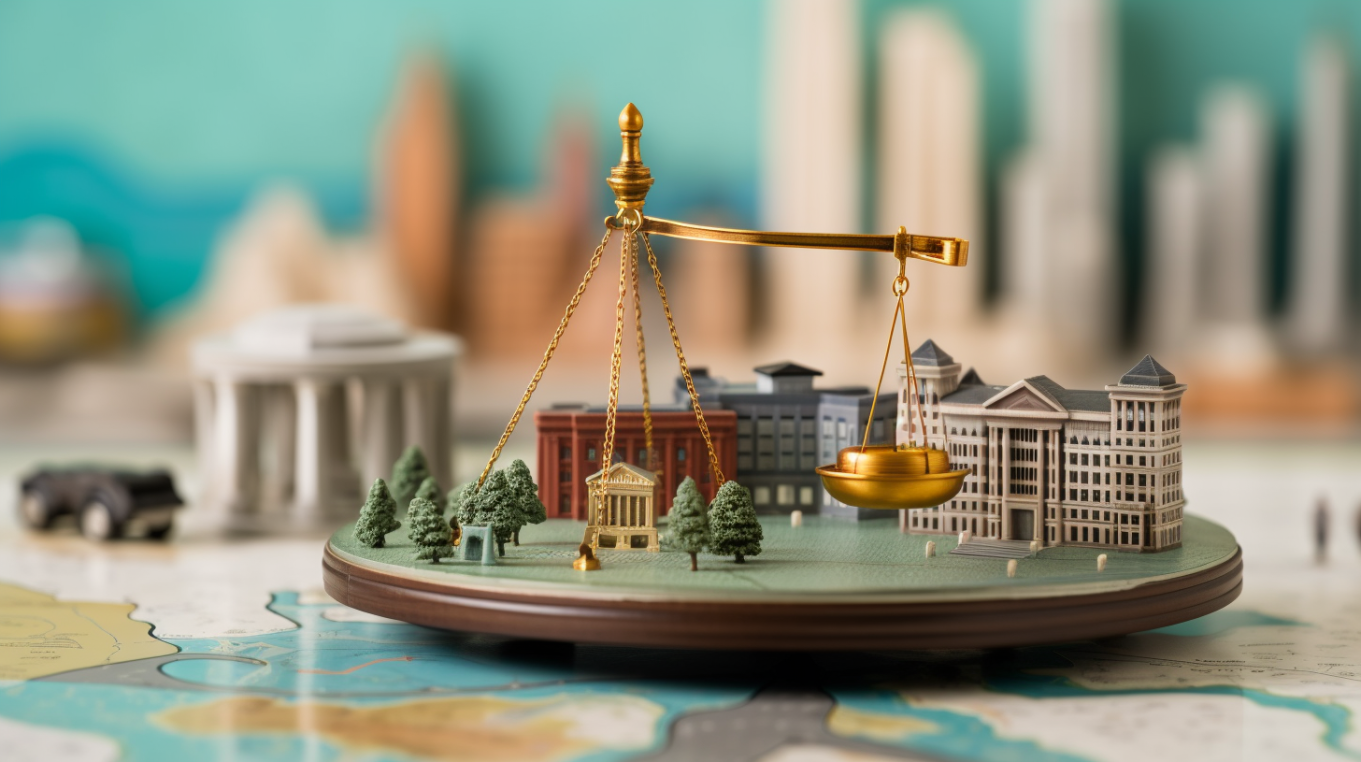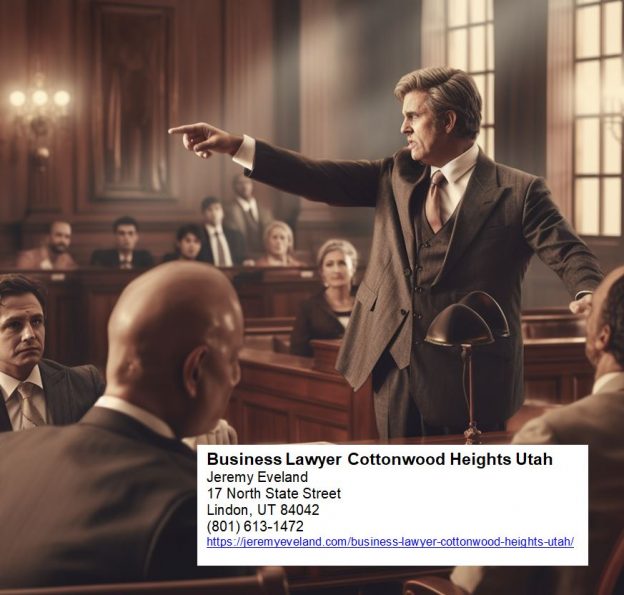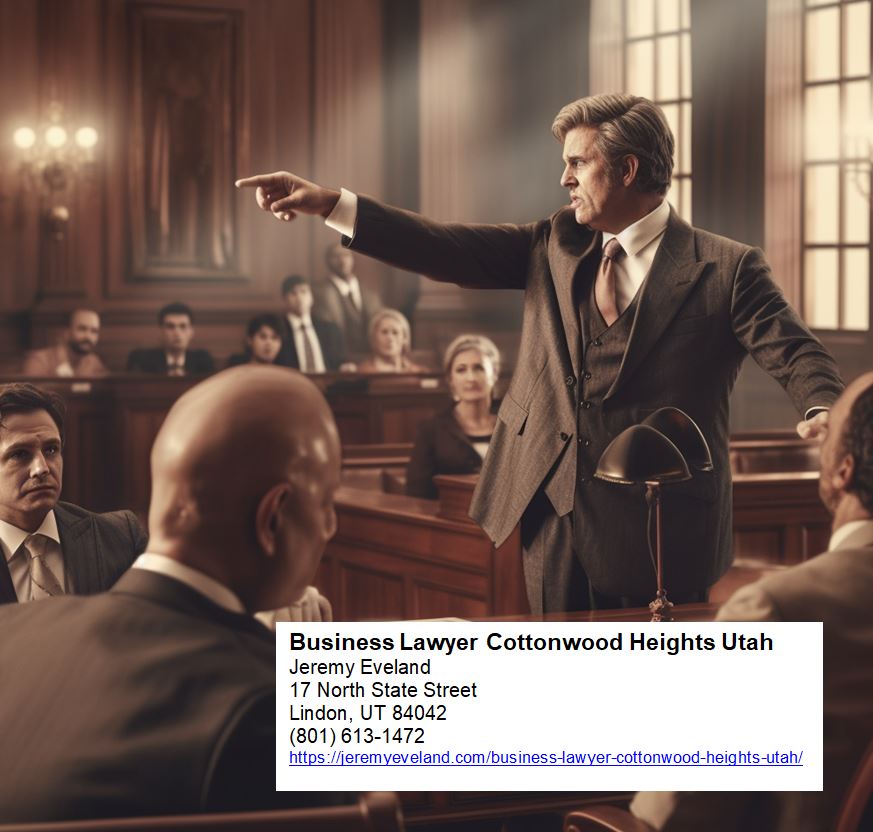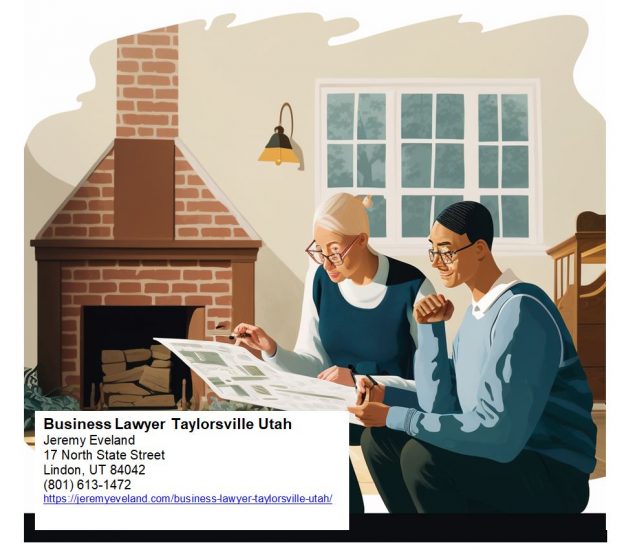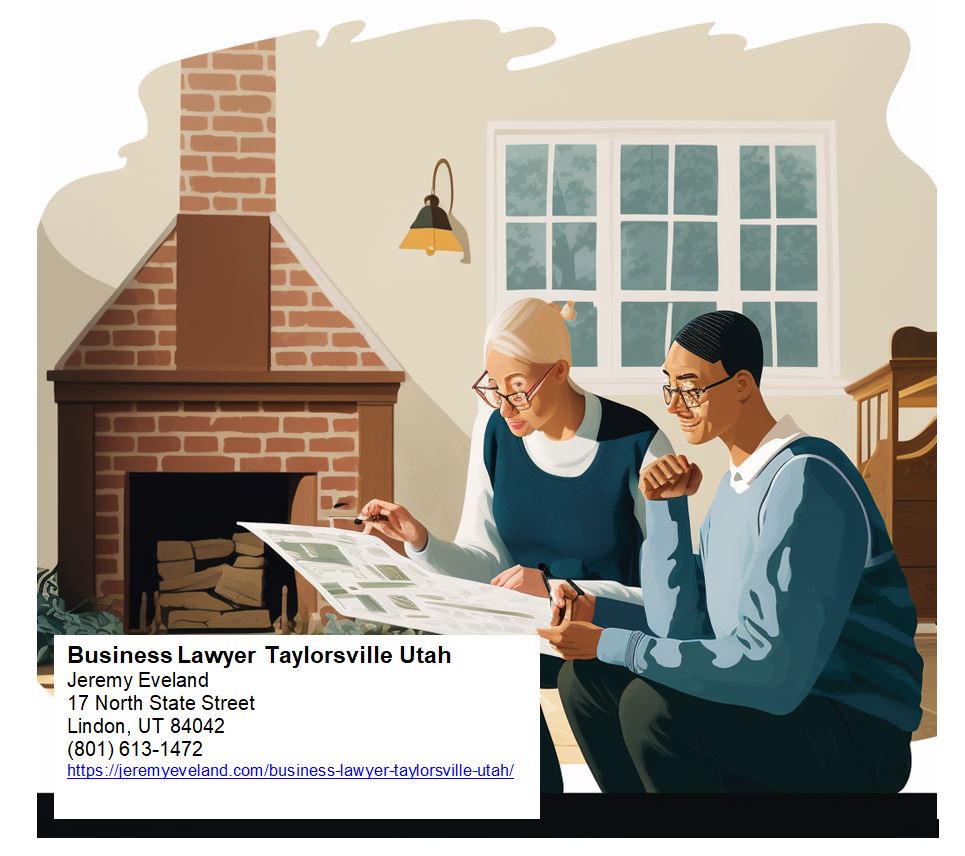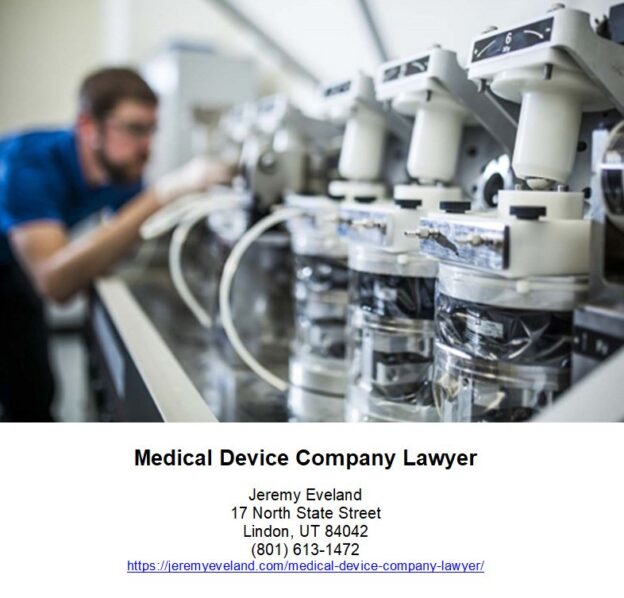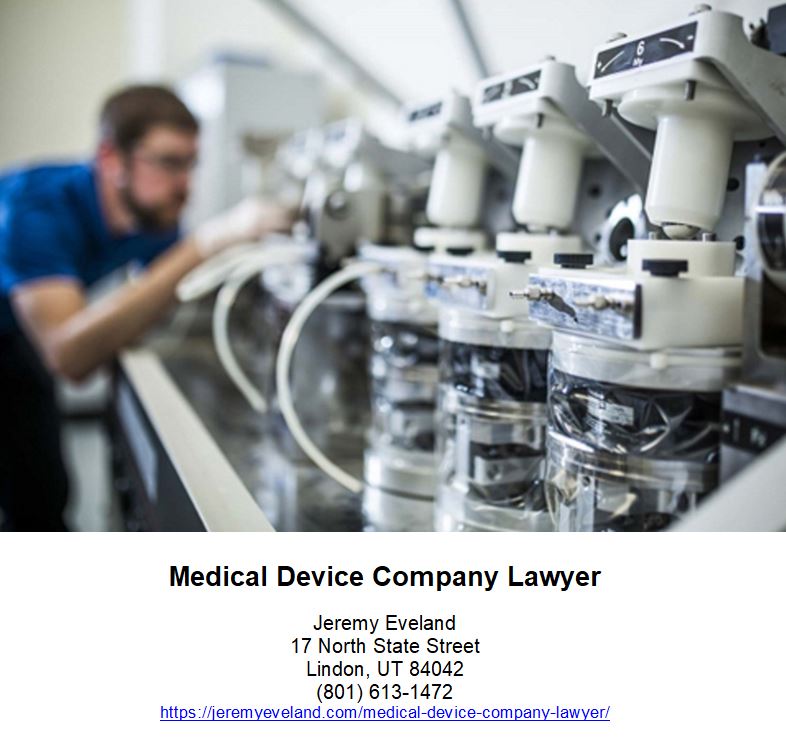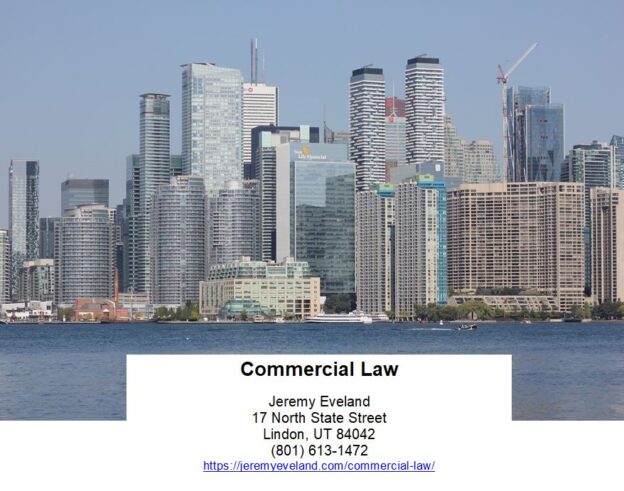If your company manufactures or sells products, it is crucial to be aware of the potential risks and legal implications that social media can bring. In today’s digital age, consumers have the ability to voice their experiences and concerns about products through various online platforms. This article explores the topic of social media product liability claims, shedding light on the challenges businesses may face and the importance of understanding the laws surrounding this issue. We will also address some frequently asked questions and provide concise answers to help you navigate this complex area of law.
Overview of Social Media Product Liability Claims
Social media product liability claims refer to legal actions taken against social media platforms, as well as product manufacturers and retailers, for injuries or damages caused by defective or dangerous products advertised or sold through these platforms. With the widespread use of social media platforms in promoting and selling products, it has become crucial to understand the legal implications and potential liability associated with these platforms.
What is Social Media Product Liability?
Social media product liability is a specific area of product liability law that focuses on the responsibility of social media platforms, product manufacturers, and retailers for injuries or damages caused by products advertised or sold on social media. These claims arise when a person is harmed by a defective or dangerous product that was advertised, marketed, or sold through a social media platform.

Why Are Social Media Product Liability Claims Important?
Social media product liability claims are important for several reasons. First, they hold social media platforms accountable for the products advertised or sold on their platform, ensuring consumer safety. Second, they provide a legal remedy for individuals who have suffered injuries or damages due to defective products. Third, these claims help establish guidelines and standards for social media platforms, manufacturers, and retailers to prevent future incidents and protect consumers.
Common Types of Social Media Product Liability Claims
There are several common types of social media product liability claims. These include:
- Defective Products: Claims arising from products with design defects, manufacturing defects, or inadequate warnings or instructions.
- False Advertising: Claims based on misleading or deceptive advertisements that misrepresent the product’s qualities, benefits, or risks.
- Fraudulent Sellers: Claims against sellers who engage in fraudulent practices, such as selling counterfeit or imitation products.
- Privacy and Data Breaches: Claims relating to the unauthorized access to personal information or data breaches through social media platforms.
- Negligent Supervision: Claims alleging that social media platforms failed to adequately monitor and address unsafe products or sellers.
Key Elements of a Social Media Product Liability Claim
To establish a social media product liability claim, certain key elements must be proven. These elements include:
- Product Defect: The product must have a defect in design, manufacturing, or warnings that makes it unreasonably dangerous.
- Causation: The defect in the product must be the cause of the injuries or damages suffered.
- Duty of Care: Social media platforms, manufacturers, or retailers must owe a duty of care to the injured party.
- Breach of Duty: The defendant must have breached their duty of care by either advertising, marketing, or selling a defective product.
- Damages: The injured party must have suffered some form of harm, such as physical injuries, financial losses, or emotional distress.
Product Liability Laws and Regulations
Introduction to Product Liability Laws
Product liability laws aim to protect consumers from harm caused by defective or dangerous products. These laws impose legal obligations on manufacturers, sellers, and distributors to ensure the safety of their products and provide compensation to injured parties if these obligations are breached. Product liability laws vary by jurisdiction but generally involve claims based on negligence, strict liability, or breach of warranty.
Applicable Laws for Social Media Product Liability Claims
In social media product liability claims, several laws may apply, including:
- Consumer Protection Laws: These laws prohibit deceptive practices, false advertising, and the sale of defective products.
- Communications Decency Act (CDA): The CDA provides immunity to social media platforms for content posted by users. However, it does not protect platforms from liability for their own acts, such as advertising or selling products.
- Product Liability Statutes: Each jurisdiction may have specific statutes outlining the legal requirements and liability standards for product manufacturers, retailers, and sellers.
Regulations and Standards for Social Media Products
As social media platforms continue to play a significant role in e-commerce, regulatory bodies have begun implementing regulations and standards to ensure consumer safety. These regulations may cover product labeling requirements, privacy protection, data security, and advertising practices. Adhering to these regulations is crucial for social media platforms to avoid potential product liability claims.

Duty of Care in Social Media Product Liability
The Role of Duty of Care in Product Liability
Duty of care is a legal concept that requires individuals or entities to act reasonably and take necessary precautions to prevent harm to others. In product liability cases, duty of care applies to social media platforms, manufacturers, and retailers. They have a responsibility to ensure the products advertised, marketed, or sold on their platforms are safe for consumers and do not pose unreasonable risks.
Establishing Duty of Care in Social Media Product Liability
To establish the duty of care in social media product liability cases, it must be shown that:
- The defendant owed a duty of care to the injured party, either through a contractual relationship or the foreseeability of harm.
- The defendant breached their duty of care by either failing to adequately screen product advertisements or allowing known defective products to be advertised or sold.
- The breach of duty was the proximate cause of the injuries or damages suffered by the injured party.
How Social Media Platforms Can Potentially Breach Duty of Care
Social media platforms can potentially breach their duty of care in product liability cases through various actions or inactions. These may include:
- Failing to implement adequate measures to verify the safety and authenticity of products advertised or sold on their platforms.
- Ignoring reports or complaints about defective or dangerous products, resulting in continued harm to consumers.
- Allowing fraudulent sellers to operate on their platforms, leading to the sale of counterfeit or imitation products.
- Misrepresenting the safety or quality of products through advertising or promotional campaigns, creating a false sense of security for consumers.
Liability of Social Media Platforms
Actions or Inactions Leading to Liability
Social media platforms can be held liable for product-related injuries or damages if they engage in actions or inactions that contribute to the harm, such as:
- Actively participating in advertising or selling products, rather than acting as a passive intermediary.
- Failing to adequately vet or verify the authenticity and safety of products advertised or sold on their platforms.
- Negligently permitting the use of their platform by fraudulent sellers or allowing the sale of counterfeit or imitation products.
Defenses Raised by Social Media Platforms
Social media platforms may raise certain defenses against product liability claims, including:
- Lack of Control: Claiming that they have no control over the products or sellers on their platforms, as they are merely intermediaries.
- Section 230 Immunity: Relying on the Communications Decency Act (CDA) to argue that they are immune from liability for content posted by users.
- Contributory Negligence: Asserting that the injured party’s own actions or negligence contributed to their injuries or damages.
Recent Legal Precedents Involving Social Media Platforms
Several legal precedents have shaped the liability of social media platforms in product liability cases. For example, in the case of Doe v. Twitter Inc., the court held that Twitter could potentially be liable for injuries caused by a terrorist attack that was organized and promoted through its platform. These precedents highlight the evolving landscape of social media platform liability and the need for proper oversight and regulation.

Liability of Product Manufacturers and Retailers
Manufacturer Liability for Defective Social Media Products
Product manufacturers can be held liable for defective social media products under product liability laws if they meet certain criteria. Manufacturers may be held strictly liable for defects in the design, manufacture, or warnings of their products. Additionally, they may be liable under negligence theories if they fail to exercise reasonable care in ensuring the safety of their products.
Retailer Liability for Defective Social Media Products
Retailers can also be held liable for defective social media products, although the extent of their liability may vary. Retailers may be strictly liable if they sold a defective product and it caused harm to the consumer. However, they may also be able to assert certain defenses, such as claiming they were unaware of the defect or that the product was altered after leaving their control.
Allocation of Liability Between Manufacturer and Retailer
Determining the allocation of liability between manufacturers and retailers in social media product liability cases depends on various factors, including their roles in the sale and distribution of the defective product. Liability can be allocated based on the degree of control, contribution to the defect, knowledge of the defect, and any contractual agreements or indemnification provisions between the parties.
Proving Defects in Social Media Products
Types of Product Defects
To successfully prove defects in social media products, the following types of defects need to be established:
- Design Defects: Flaws or errors in the product’s design that make it unreasonably dangerous or prone to causing harm.
- Manufacturing Defects: Defects that occur during the manufacturing process, resulting in individual products deviating from the intended design and becoming dangerous.
- Warning Defects: Insufficient or inadequate warnings or instructions that fail to inform consumers of potential risks or provide proper guidance for safe use.
Gathering Evidence to Prove Defects in Social Media Products
Proving defects in social media products requires gathering substantial evidence, such as:
- Product Samples: Collecting samples of the defective product to analyze and demonstrate the existence of the defect.
- Expert Opinions: Consulting experts in relevant fields who can examine the product, evaluate its design or manufacturing process, and testify about any defects.
- Documentation and Records: Obtaining documentation such as product specifications, manufacturing records, quality control reports, and customer complaints to demonstrate the existence of a defect.
- Consumer Testimonies: Gathering testimonies from individuals who experienced similar issues or suffered harm due to the defective product.
Expert Witnesses in Social Media Product Liability Claims
Expert witnesses play a crucial role in social media product liability claims. These individuals possess specialized knowledge and expertise in relevant fields, such as product design, manufacturing, warnings and instructions, or industry practices. Expert witnesses can provide professional opinions based on their experience and knowledge, helping to establish the presence of defects in social media products and causation of the injuries or damages suffered.
Proving Causation in Social Media Product Liability Claims
Understanding Causation in Product Liability
Causation is a vital element in social media product liability claims. To establish causation, it must be shown that the product’s defect was the direct cause of the injuries or damages suffered by the injured party. This requires demonstrating that the defect was present at the time of the purchase or use of the product and directly caused the harm, without any intervening factors.
Establishing Causation in Social Media Product Liability
Proving causation in social media product liability claims can be challenging but can be accomplished through the following steps:
- Establishing Product Defect: Demonstrating the existence of a defect in the social media product that can cause the alleged injuries or damages.
- Demonstrating Use or Exposure: Providing evidence that the injured party used or was exposed to the defective product.
- Medical Documentation: Obtaining medical records or expert opinions linking the injuries or damages suffered to the defect in the social media product.
- Disproving Alternative Causes: Ruling out any other possible causes or intervening factors that could have contributed to the injuries or damages.
Role of Expert Testimony in Proving Causation
Expert testimony is often crucial in proving causation in social media product liability claims. Experts can provide opinions based on their knowledge and experience to establish a connection between the product’s defect and the injuries or damages suffered by the injured party. Their testimony can help the court understand complex technical or scientific issues and determine if the defect caused the alleged harm.
Damages in Social Media Product Liability Cases
Types of Damages in Social Media Product Liability Claims
In social media product liability cases, various types of damages can be claimed by the injured party, including:
- Medical Expenses: Compensation for past and future medical treatments, surgeries, therapies, medications, and rehabilitation related to the injuries caused by the defective product.
- Lost Income: Reimbursement for the lost wages or income due to the injuries, including the inability to work temporarily or permanently.
- Pain and Suffering: Non-economic damages for physical pain, emotional distress, mental anguish, and loss of enjoyment of life resulting from the injuries.
- Punitive Damages: Additional damages awarded to punish the defendant for particularly egregious conduct and deter similar behavior in the future.
Quantifying Damages in Social Media Product Liability
Quantifying damages in social media product liability cases requires a thorough analysis of the affected individual’s financial losses and the impact on their physical and emotional well-being. Calculation of damages may involve evaluating medical records, employment history, expert opinions, financial documentation, and assessing the long-term effects on the injured party’s quality of life. It is essential to work with experienced legal professionals to accurately quantify and present damages in these cases.
Factors Considered in Awarding Damages
When awarding damages in social media product liability cases, courts consider various factors, including:
- Severity of Injuries: The extent and severity of the physical or emotional injuries suffered.
- Impact on Daily Life: The impact of the injuries on the injured party’s ability to carry out daily activities, work, or enjoy life.
- Medical Expenses: The past and future costs of medical treatments, therapies, medications, and rehabilitation.
- Lost Income: The lost wages or income due to the injuries, including any future earning capacity.
- Nature of the Defect: The level of danger or risk posed by the defective product and the defendant’s knowledge or awareness of the defect.
- Defendant’s Conduct: Any evidence of the defendant’s negligence, recklessness, or fraudulent behavior that contributed to the injuries.
Statute of Limitations for Social Media Product Liability Claims
Time Limits for Filing a Social Media Product Liability Claim
Statutes of limitations set the time limit within which a social media product liability claim must be filed. These time limits vary depending on the jurisdiction and the specific legal claims involved. It is crucial to consult with a knowledgeable attorney as soon as possible after discovering the injury or damage to ensure compliance with the applicable statute of limitations.
Exceptions and Extensions to the Statute of Limitations
In certain circumstances, exceptions or extensions to the statute of limitations for social media product liability claims may apply. These exceptions can include the discovery rule (where the clock starts ticking from the date of discovery of the injury or harm), the statute of repose (which sets an absolute deadline for filing regardless of when the injury occurred), or tolling provisions (which suspend or pause the running of the statute of limitations under specific circumstances).
Importance of Timely Filing in Product Liability Cases
Timely filing of a social media product liability claim is crucial for several reasons. Firstly, failure to file within the prescribed time limit may result in the claim being forever barred, and the injured party losing their right to seek legal remedy or compensation. Additionally, filing within the statute of limitations ensures that evidence and witness testimony are still fresh and accessible, increasing the chances of a successful outcome in the case.
FAQs: Social Media Product Liability Claims
What is the role of social media platforms in product liability claims?
Social media platforms can be held liable in product liability claims if they actively participate in advertising or selling products, fail to adequately verify product safety, or negligently permit fraudulent sellers or dangerous products on their platforms. Their duty of care involves ensuring the safety of consumers and preventing harm caused by the products advertised or sold on their platforms.
What types of damages can be claimed in a social media product liability case?
In a social media product liability case, various damages can be claimed, including medical expenses, lost income, pain and suffering, and punitive damages. Medical expenses cover the costs of medical treatments and rehabilitation, while lost income compensates for the injured party’s inability to work. Pain and suffering damages compensate for physical and emotional harm, and punitive damages punish the defendant for egregious conduct.
What should I do if I have been injured by a social media product?
If you have been injured by a social media product, there are several steps you should take. First, seek medical attention for your injuries and keep detailed records of your medical treatments. Preserve any evidence related to the defective product or its advertisement on the social media platform. At the earliest opportunity, consult with an experienced product liability attorney to evaluate your case and determine the legal options available to you.

